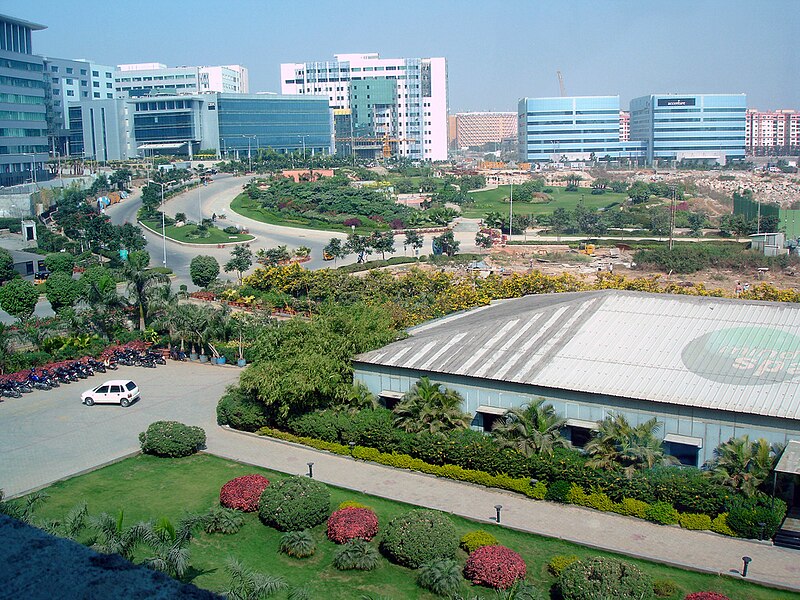
The event in question took place on October 10 at a community gathering in the Nampally area, where the Mayor was the chief guest. According to witnesses, the music was played at a volume significantly higher than permitted, causing disturbances to nearby residents. Complaints flooded in from local citizens, leading to police intervention. Authorities responded promptly, noting the need for compliance with the Noise Pollution (Regulation and Control) Act of 2000, which stipulates permissible noise levels for various times of day.
Following the complaints, police conducted an investigation and registered a case against Vijayalaxmi under relevant sections of the Indian Penal Code and the Noise Pollution Act. Local law enforcement officials emphasized that this action is in line with their commitment to maintaining public order and the law, regardless of the individuals involved.
Noise pollution is a pressing issue in urban areas, and Hyderabad is no exception. Various communities have voiced their concerns about the adverse effects of excessive noise, particularly during celebrations and public events. Environmental activists argue that authorities must enforce noise regulations rigorously to ensure a peaceful living environment for residents. The ongoing discourse around noise pollution is crucial in a city like Hyderabad, which is rapidly urbanizing and facing challenges related to increased population density.
Gadwala Vijayalaxmi, who assumed office in 2021, has faced scrutiny in the past regarding her management of urban issues, including waste management and public health. Critics assert that as an elected representative, she must set an example by adhering to city regulations and prioritizing the well-being of her constituents. This incident may further fuel calls for accountability among public officials regarding their conduct at public events.
Residents of the Nampally area have expressed mixed reactions to the Mayor's actions. Some support the need for celebratory events, arguing that public festivities are vital for community bonding. Others, however, demand stricter adherence to noise control measures, citing numerous instances where such events have caused disruptions. The community's feedback will likely play a significant role in shaping future public gatherings and the management of noise levels.
Hyderabad has seen a rise in complaints regarding noise pollution, particularly during festivals and weddings. Local authorities have attempted to address these concerns through public awareness campaigns and stricter enforcement of regulations. However, enforcement remains inconsistent, leading to frustrations among residents who feel their rights to peace and quiet are often overlooked.
In response to this incident, various civic groups and environmental activists have called for a review of noise control laws and their implementation in Hyderabad. They emphasize the importance of public awareness about the impact of noise pollution on health and well-being, advocating for community engagement in managing such issues. There are also calls for stricter penalties for violations to deter similar occurrences in the future.
Public officials in Hyderabad, including local representatives, have begun to address noise pollution more seriously, acknowledging the need for a balance between celebration and community peace. This incident involving the Mayor serves as a significant case study, illustrating the challenges faced in regulating public conduct while respecting cultural traditions and celebrations.
The case against Vijayalaxmi has opened the floor for broader discussions about the role of public officials in maintaining order and adhering to laws designed to protect citizens. Observers note that this situation could set a precedent for how similar cases are handled in the future, potentially impacting the behavior of elected officials across the region.
As the investigation progresses, the outcome will likely affect public perceptions of Vijayalaxmi's leadership and her commitment to the community's welfare. Additionally, it raises questions about the enforcement of noise pollution regulations and the responsibilities of public figures during community events.
